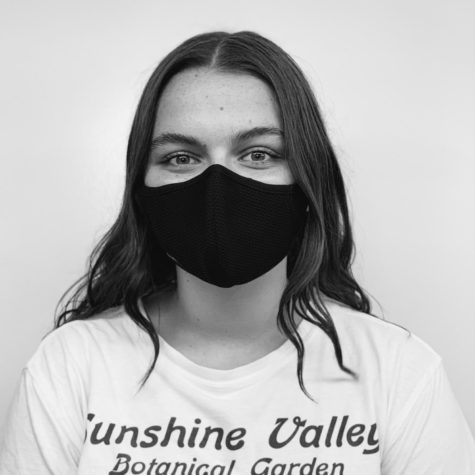Overturning ‘Roe v. Wade’ Endangers, Harms Marginalized
Denial of rights will lead to unsafe abortions
On Monday, May 2, Politico published a story about a leaked draft majority opinion from the Supreme Court that would strike down the landmark Roe v. Wade decision. The draft opinion is a total rejection of the 1973 decision, which guaranteed federal constitutional protections of abortion rights, and a subsequent 1992 decision, Planned Parenthood v. Casey, that largely maintained the right.
Justice Samuel Alito, who wrote the draft opinion, stated, “Roe was egregiously wrong from the start.” He writes, “We hold that Roe and Casey must be overruled.” In other words, Alito proposes that abortion rights and laws should be up to the discretion of each state rather than federal ruling. “It is time to heed the Constitution and return the issue of abortion to the people’s elected representatives,” Alito writes.
To understand Alito’s process, it is essential to know that although abortion has constitutional stature, it is not directly written in the text. However, the Ninth Amendment acknowledges the existence of these laws, stating that “enumeration in the Constitution, of certain rights, shall not be construed to deny or disparage others retained by the people.” Despite this, Alito reasons that because the right to an abortion is not directly written in the Constitution, it should not be legal, therefore overturning Roe v. Wade. This allows individual states to create laws surrounding the legality of the procedure.
Overturning Roe v. Wade is incredibly dangerous, especially for low-income people and people of color. In a country that offers no universal healthcare or childcare, no paid family leave, no free birth control, nor mandatory, comprehensive sex education, while continuing to target marginalized communities, it takes unimaginable levels of violence and hatred for politicians to fight for forced pregnancy and birth.
Moreover, banning abortions does not reduce the number occurring. Instead, it eliminates safe abortions and inevitably results in more patient deaths. In fact, according to the World Health Organization, unsafe abortions are the cause of 70,000 maternal deaths each year, which is equivalent to one in eight pregnancy-related deaths. That translates to seven people per hour.
Naomi Solan ’23 explains her fear when hearing this news, stating, “I almost like threw up at the knowledge of how many people can possibly just die from this bill, especially from like home-done abortions or shady ones.” Continuing, Naomi states that “They [the Supreme Court] have been building up for this for years,” expressing that although she is deeply upset, she does not find it surprising.
Along with the concerns surrounding the dangerous outcomes of overturning Roe v. Wade, the discussion of which unwritten rights will be upheld creates worry. For example, the court could implement similar logic used in overturning Roe v. Wade to also threaten decisions like Obergefell v. Hodges, which secured the right to same-sex marriage in 2015. This is also the case with the right to same-sex sexual intimacy recognized in 2003, the right to contraception recognized in 1965, and the legalization of interracial marriage in 1967. It would be foolish not to see that all of these rights are now in danger, along with the people these decisions protect.
Naomi comments on the possibility and fear of these bans spreading, “The Fourteenth Amendment also covers the right to privacy and if you look right now, reproductive rights being removed by the right of privacy… then [they can get] rid of gay marriage, they can get rid of as much as they want… it’s worrying that it’s going back to state’s rights because I have heard that phrase from day one and it is my least favorite thing to hear. I know it is definitely going to turn back. Like we are going to have another Stonewall.”
While politicians are supposedly entrusted with people’s “best interests,” it is abundantly clear that robbing people of their bodily autonomy and basic human rights is far from that ideal. The overturning of Roe v. Wade is a direct attack on people’s safety and ability to make choices for their own health. With this decision, the Supreme Court has effectively put the lives of endless people in danger.

Hey, I’m Bernadette and I’m a senior! I'm the Editor-in-Chief and the Creative Director of The Spectrum. I also edit In-Depth pages. In the past, I...




